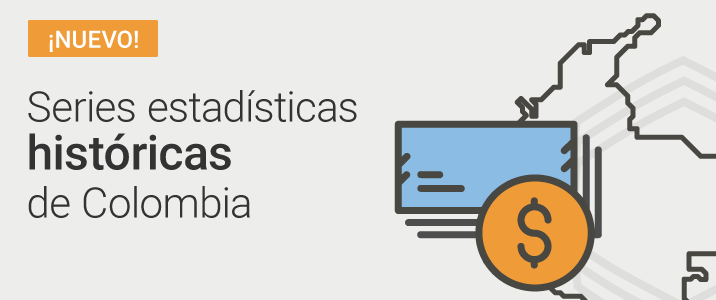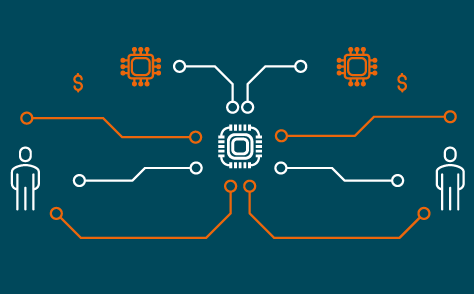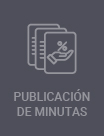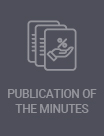Seminar 28: Adapting to inclusive institutions: the case of land patronage in Colombia (available only in Spanish)
Resumen del documento:
This paper analyses how changes in political institutions affect distributive politics. It studies the politically motivated allocation of land in Colombia during a period of institutional change, in which institutions became more inclusive as the distribution of power was broadened and the effectiveness of the State increased. I find evidence of a Political Land Cycle (PLC), which is reduced by half after the shift towards more inclusive institutions. The reduction is heterogeneous across space, being stronger in municipalities in which initial institutions were more inclusive, enhancing the response to the national level institutional shift. The evidence points towards the reduction of the PLC being the result of a re-composition of distributive politics, from particularistic benefits (like land), towards public goods. Indeed, while the post shift period saw a decrease in the Political Land Cycle, it saw an increase in the political cycle of public good spending. This re-composition likely results from increases in political competition and political accountability, which increased the incentives to mobilize voters via public goods that appeal to a broader and more heterogeneous set of voters, and which were demanded the most. The shift increased not only the incentives, but also the ability to mobilize voters via public goods, through reforms strengthened fiscal and bureaucratic capacity. The results evidence that distributive politics transforms, rather than disappears with improvements in institutional quality, and that understanding its potential solutions requires understanding its territorial dimension and its capacity to adapt.
La presentación será en español.
Entrada libre, el cupo es limitado.





















































